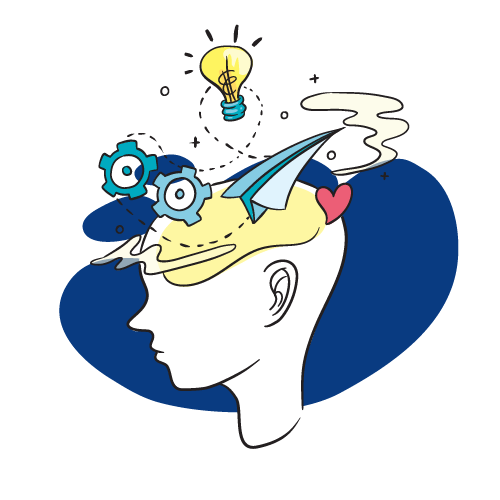
PYXIS zine-00:
The Future
after Covid-19
These are just some casual burgeoning ideas. But they may be interesting nuggets of thought to chew on
PS: Credit for all images used in this zine are by Upklyak unless stated otherwise
The big picture
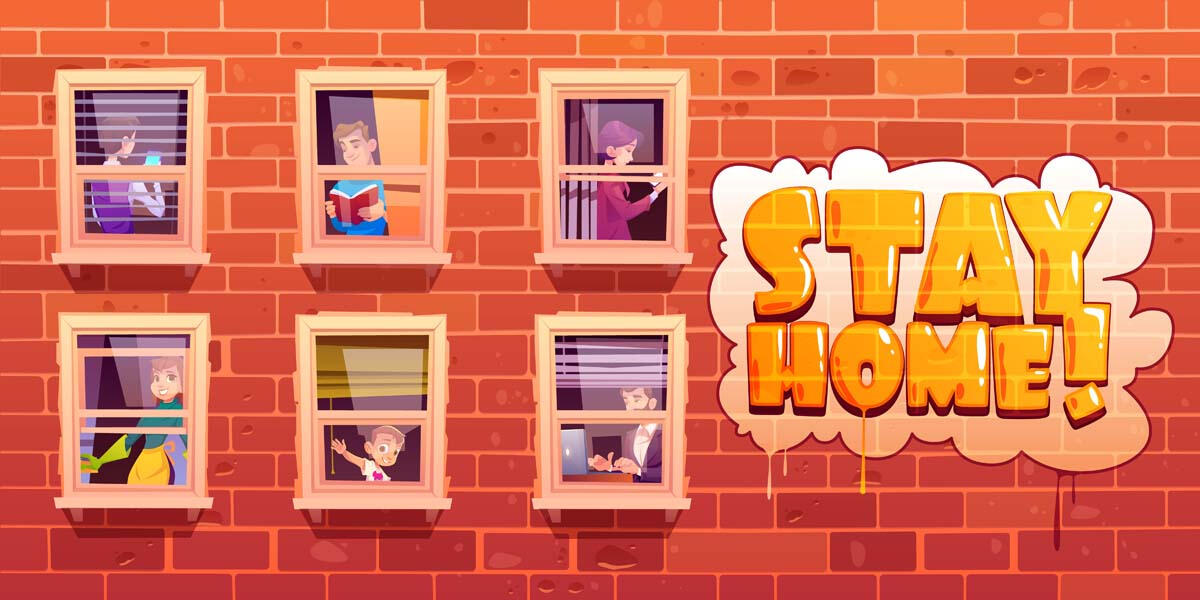
As we all stay at home more, we will spend less. I think in the future, the economy will inevitably shrink because we will make less money and thus spend less money (yay sustainability!).
So first question might be:
What are things we WILL spend on at home?
Page 1 of 24
Probably?
NOT on consuming more content
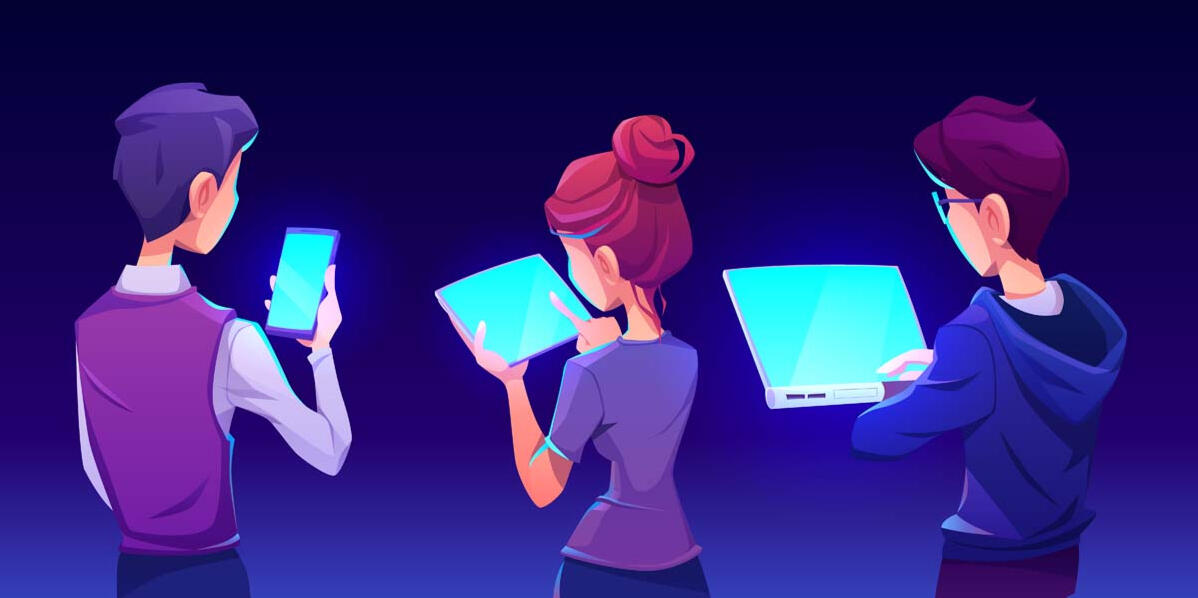
We may even consume less.
We only have limited energy and appetite for media.
Our current consumption levels can’t and won't go on. Our consumption habits right now, I think, are due to us looking for escapism because we are coping with fear and anxiety. But once we are done grieving the loss of our old lifestyles, we may not escape into shows and dramas at the same rate especially since we aren't on the go as much. So all the shows and podcasts we used to tune into won’t fit into our lives anymore.
Page 2 of 24
We'll probably spend more money on “home stuff”.
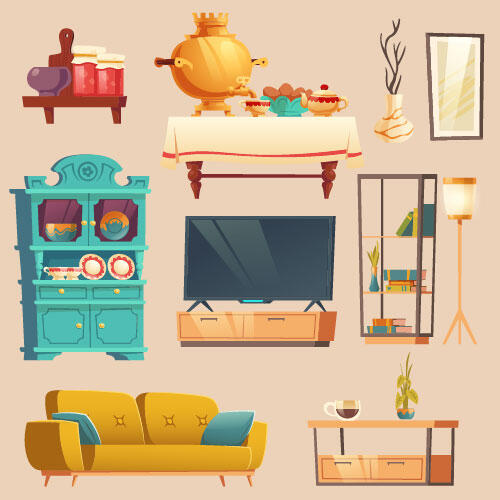
Think better kitchen utensils and tools (because we will cook more and bake more).
And because of that, nicer cutlery and crockery as we try to recreate little bits of the restaurant experiences at home home.
But more on that later
Page 3 of 24
Private spaces have to become larger because public spaces are no longer accessible to us
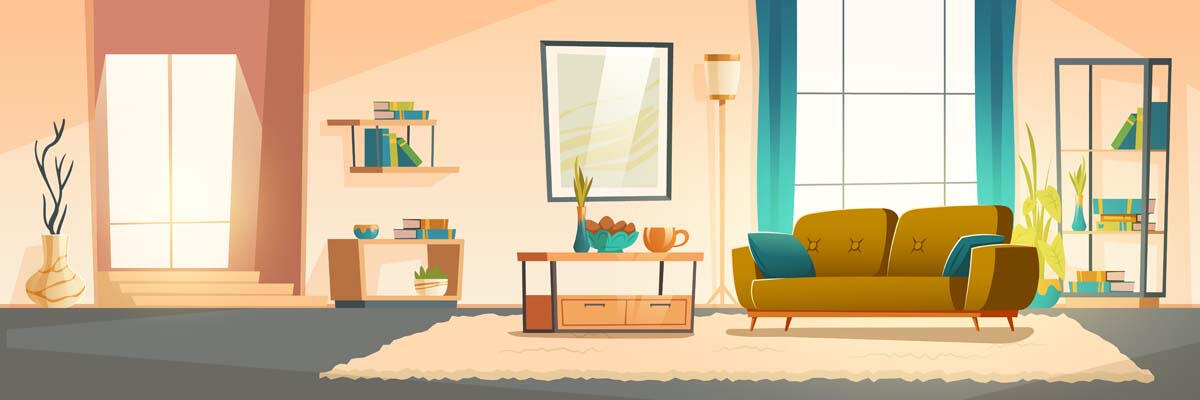
And because home is where majority of our lives will take place, we will probably all look at having bigger homes or least homes with balconies.
As a result, we may care more about home decorating than before. So we may be willing to spend more money on furniture and decorations. Similarly, guides on how to decorate the house and create cozy homes may be a thing. We may swap our Starbucks Coffee for Scented Candles. Maybe more people will take up interior design and decorating classes.
Page 4 of 24
We will probably have designated work and study spaces at home
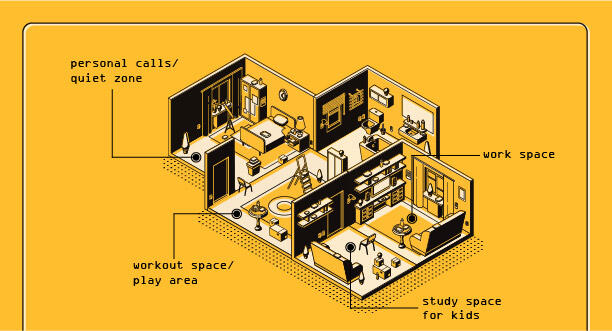
Maybe all our work and study stations will start looking like that of livestreamers. Splurging a little for a better webcam, a better headset and some lighting, or background removal subscriptions like Xsplit Vcam...
Desktops and TVs (as screens) may be on the rise again…or maybe not?
Because in large families in smaller homes, maybe laptop is still the way to go as they are more convertible. Unplug those laptops and that hardwood table goes back to being a dining table.
Page 5 of 24
The future may be Convertible
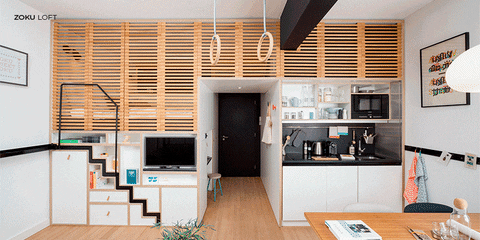
Apartment Moving GIF* from GIPHY
The future may be convertible. Convertible spaces, furniture etc. Because we need to get more mileage out of the same amount of space. After all, most of us won’t be able to afford larger houses, and in the first place, construction of houses require the gathering of many people.
We may become experts, or seek to become experts in transforming the same spaces for different uses. The same living room that was gathering dust before now becomes the gym, the cinema, the concert hall and also camping grounds for pillow forts.
This conversion may even extend to outside spaces. Maybe more of us will have our own portable workout equipment to hang on rails and trees in that little corner that we’ve mentally designated as ‘ours’ in our local parks.
I wonder if the same thing will happen in schools?
Page 6 of 24
Schooling might become more "hybridized"

We were always told to share, to huddle and sit close to one another. Now sitting apart and keeping to your own space will likely be the normal protocol in schools.
Online classes will still be the norm for those old enough to manage distance learning, especially for lectures. Face-to-face instruction will primarily be reserved for practicals.
With even Ivy League universities converting to distance learning, maybe studying abroad won’t be a thing anymore. Instead universities will be online entities, with each university having their own satellite community that meets up periodically in their own locality.
Or maybe, further into the future…Full-dive VR is how we will all attend classes (and work)?
Page 7 of 24
Speaking of VR...
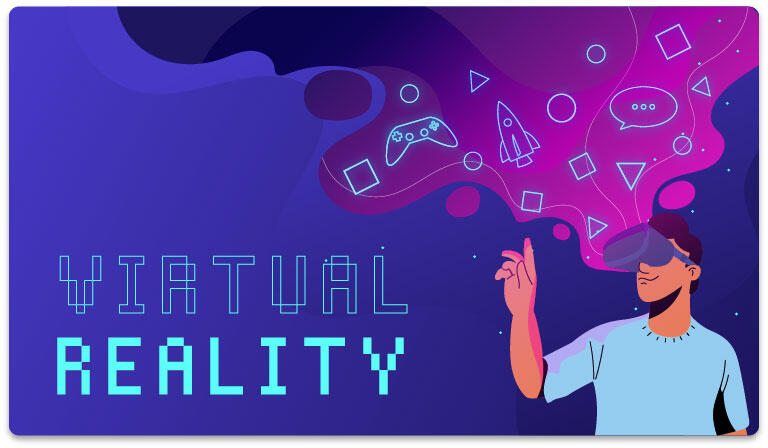
The most immediate place VR seems to be finding a foothold in right now is in entertainment and play however. Maybe more of us will eventually be willing to invest in VR hardware, once they’re a little more wallet-friendly and doesn’t require complex set-up.
Page 8 of 24
But excessive screen time may drive us to more offline play and tactile items
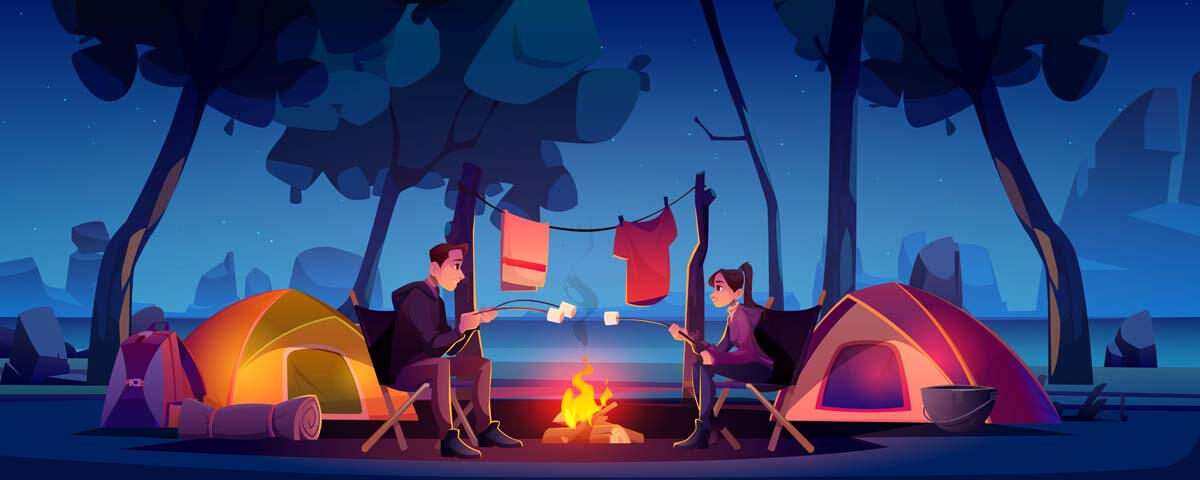
Because work and school are digital now, it may ironically drive us to seek out more IRL experiences. Like sneaking inflatable pools out to shared rooftop gardens, buying more puzzles and tabletop games…
Excessive screen time may also drive us to look for eyecare products. Eye yoga (yes that’s already a thing), eye-pressure reducing tools and supplements… Opticians may be a good career option then?
What we might be willing to spend our screen time on however, could be collaborative games like Tick Tock: A Tale for two. Because it still affords us human connection and interaction.
Page 9 of 24
The one thing we’ll probably all be very willing to spend money on are hygiene products
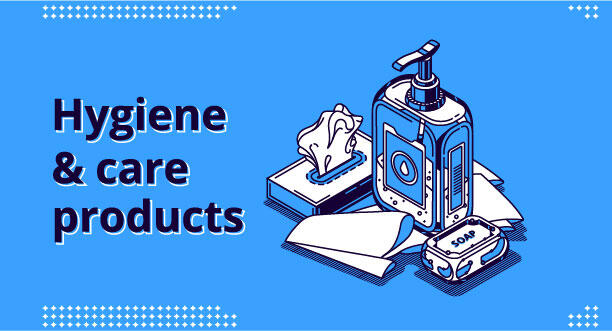
Lots of money and effort will probably go into innovating in this field.
Masks and face shields are already as ubiquitous, if not more so than mobile phones. So it wouldn’t be farfetched to assume that a whole mask/face shield accessorizing and customizing industry will emerge. It already is.
And maybe once the healthcare industry is not so strained, consumer sterilization products will be a new market. We’ll look for convenient tools to disinfect our phones, our clothes and ourselves for the precious few times we go out.
Page 10 of 24
Because we will go out...
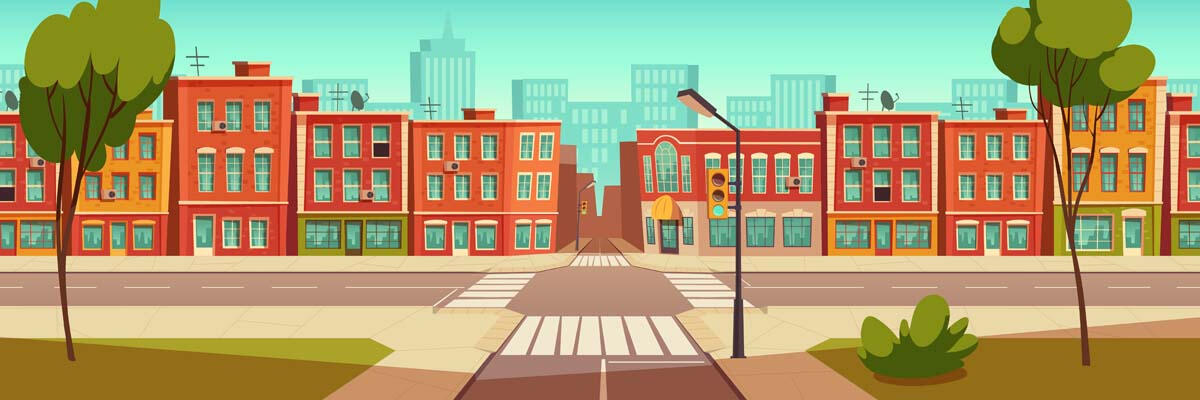
Cabin fever will drive us to go on grocery and coffee runs. People still have to walk their dogs and go for jogs. But we'll be confined to our neighbourhoods, confined to walkable and bikable distances. For exercise, for play, and for shopping.
This might breathe new life into brick and mortar businesses...
Page 11 of 24
Our economies might become "hyper-local"
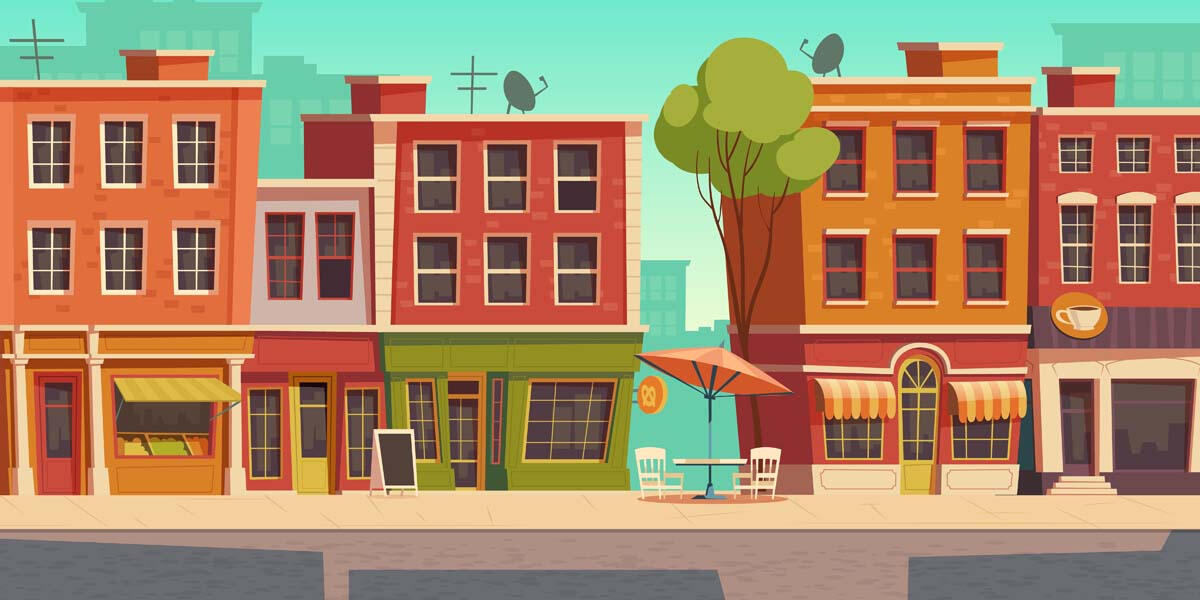
Because our patronage will be limited to our own neighbourhoods, certain innovations will be possible. It becomes possible for restaurants, cafes and shops to offer same day delivery and pick-up because the scale and delivery distance will become manageable.
Imagine, the neighbourhood eatery that does tingkat delivery for the busy and the old. And at the end of day, you just leave your empty lunchboxes at the door to be picked up and cleaned. Like the glass milk bottles of the past that were delivered and picked up daily.
The environmentalists will probably rejoice.
Page 12 of 24
We'll definitely still shop online though
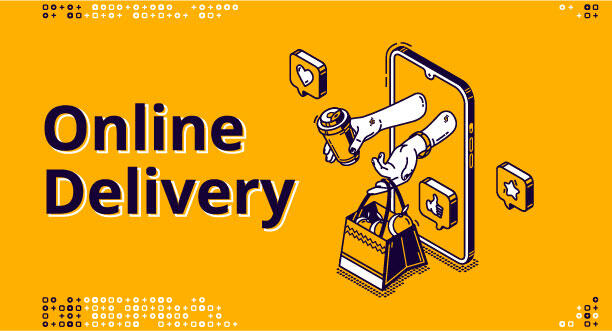
Not only to place orders with our local brick and mortar shops, but also from large retailers like Amazon. Because it’s impossible for our local shops to have everything, because we have the internet that shows us all the wonderful things around the world and because we are insatiable bastards.
The speed of deliveries will be slower however, slow shopping may become a thing. We may actually need to plan our purchases instead of expecting instant gratification.
So it is possible that we may be even more comfortable with subscription-based shopping than before. In fact, subscription boxes, for ourselves and others, may be one of the few small ways we can still have surprises in our life.
Page 13 of 24
Or is a massive expansion of our delivery infrastructure more likely?
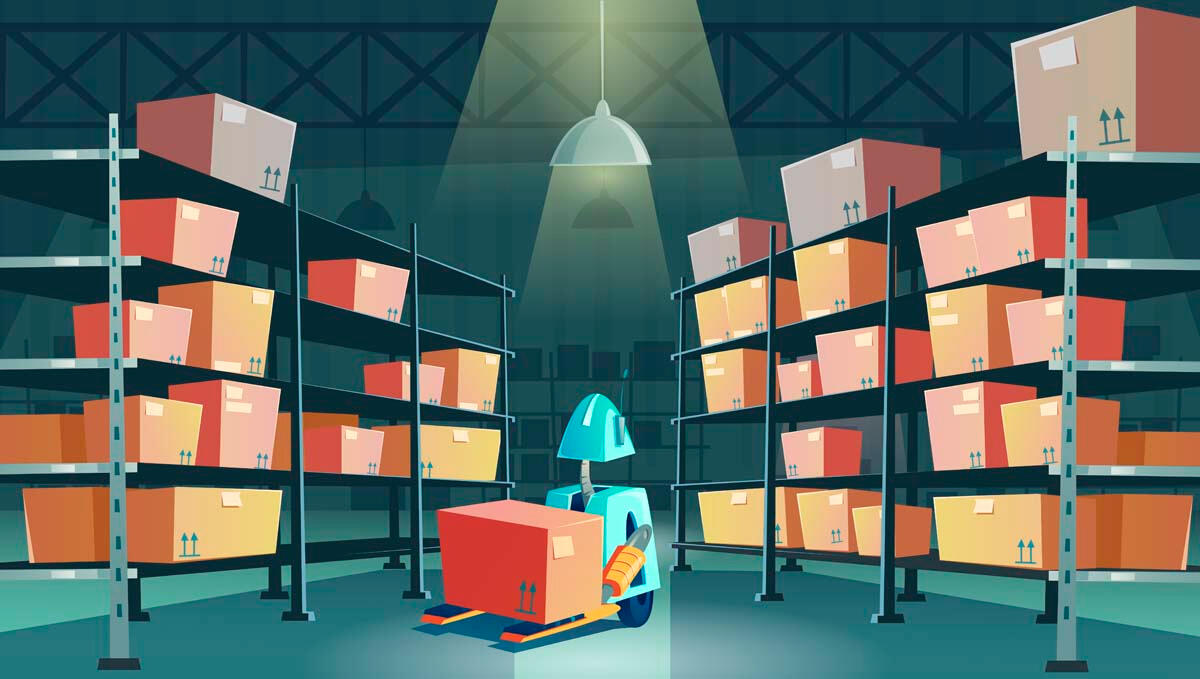
Maybe consumerism won't slow down. Maybe delivery infrastructure will grow to respond to our habit of instant gratification.
Whether this will be in the form of human delivery or robot delivery remains remains to be seen.
On one hand, we’ll be creating jobs, but on the other hand, maybe it’s better to leave this high-risk, low-paying job to robots? Or maybe we’ll get the best of both worlds? We’ll have legions of drone pilots.
I guess the idea of your own neighbourhood delivery drone squad is pretty cool no?
Page 14 of 24
Like it or not, more of us will have to clean our own houses
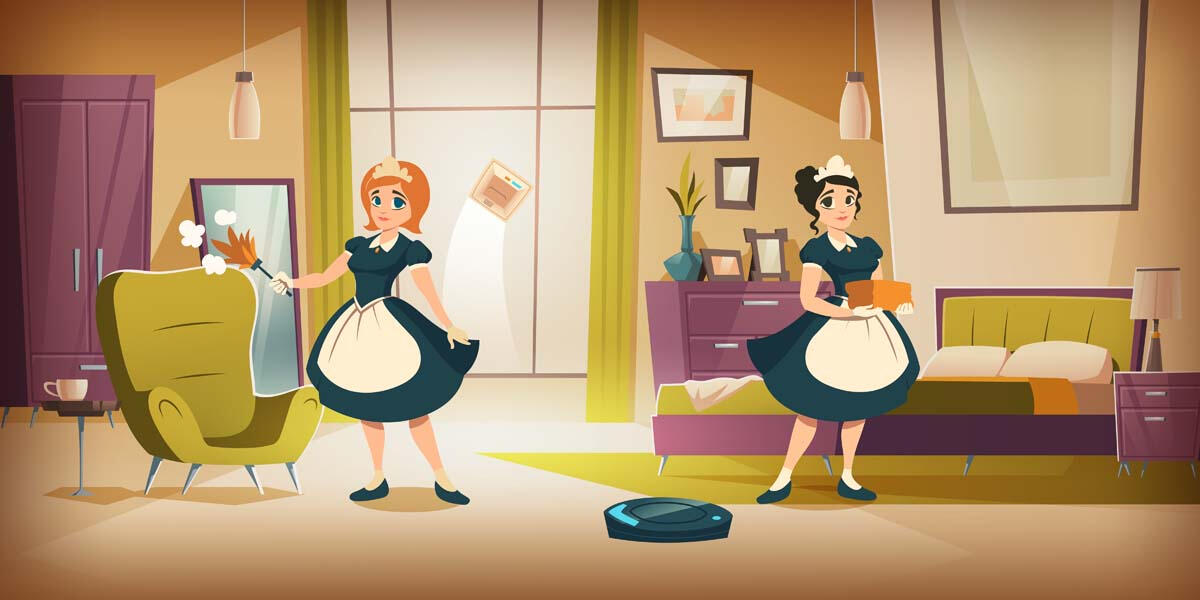
Another robot that we are already seeing more of in our lives is the Roomba. Because like it or not, more of us will have to clean our own houses.
Except so many of us don’t know how… I wonder if anyone has launched cleaning kits (like they do beginner knitting and coding kits), with video guides and infographics.
Maybe the next Marie Kondo will be from cleaning and housekeeping. I’m pretty sure the internet will be happy to watch good looking human specimens clean. And don’t get me started on the potential of cleaning ASMR.
Page 15 of 24
We may actually need to redefine 'luxury'
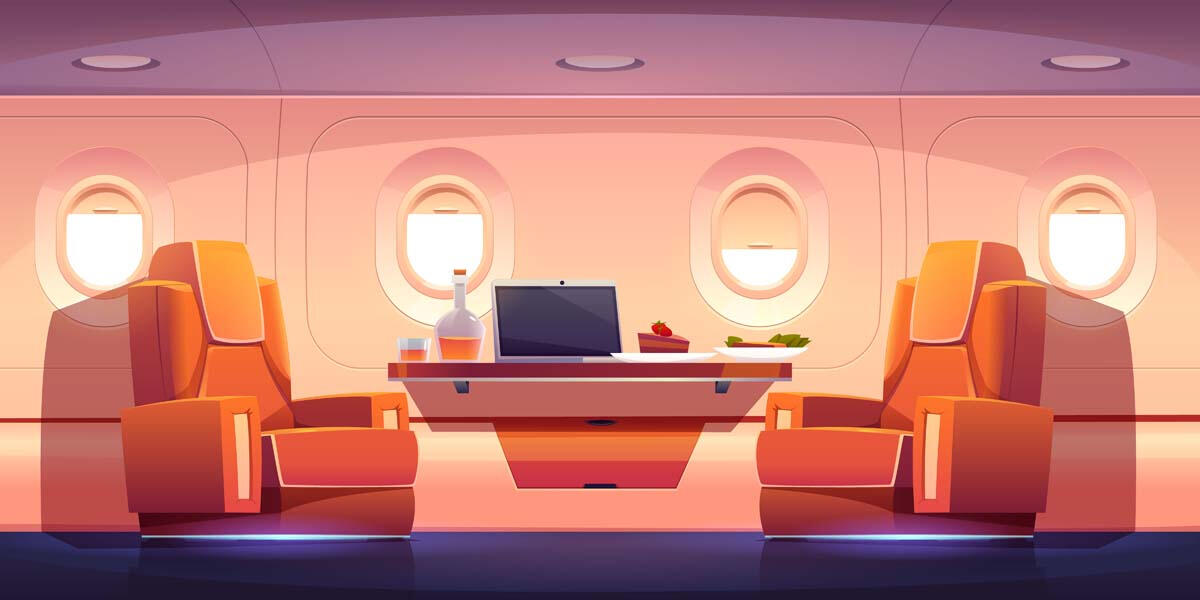
Space is an obvious one. Gatherings will be another.
And perhaps our antibody/virus-free status will be a new kind of status symbol.
With communal dining being recognized as a high-risk activity, perhaps private dining at home will become more common and the future of the f&b industry. Because it’s much easier to have chefs and waiters tested and let into your home than it is to have all the customers tested to be allowed into restaurants and bars. This trend may even extend to bartenders, baristas and tea and wine sommeliers. (And yes, cheeses too)
But then with some things like furniture shopping and visiting the museum, where the physical and tactile is still important, private door-to-door service just isn’t practical. So perhaps appointment-based systems, and session booking will become the norm for everything from shopping, hairdressing to visiting zoos and museums. At least this way we avoid the unintentional creation of groups and crowds due to lines, and it becomes easier to control group sizes in a space.
Does that mean that reserving the whole shop for a fixed timeslot for a small group of friends will no longer be a luxury? Or will it be an even greater luxury?
Maybe there'll be such a thing as intellectual luxury, like expensive online classes. Or digital luxury. Since we aren’t able to dress up and show off our wealth, maybe the new equivalent will be flaunting our internet speed, our webcam quality, our zoom backgrounds and video-call set-up.
Page 16 of 24
And what about travel? Will we still travel?
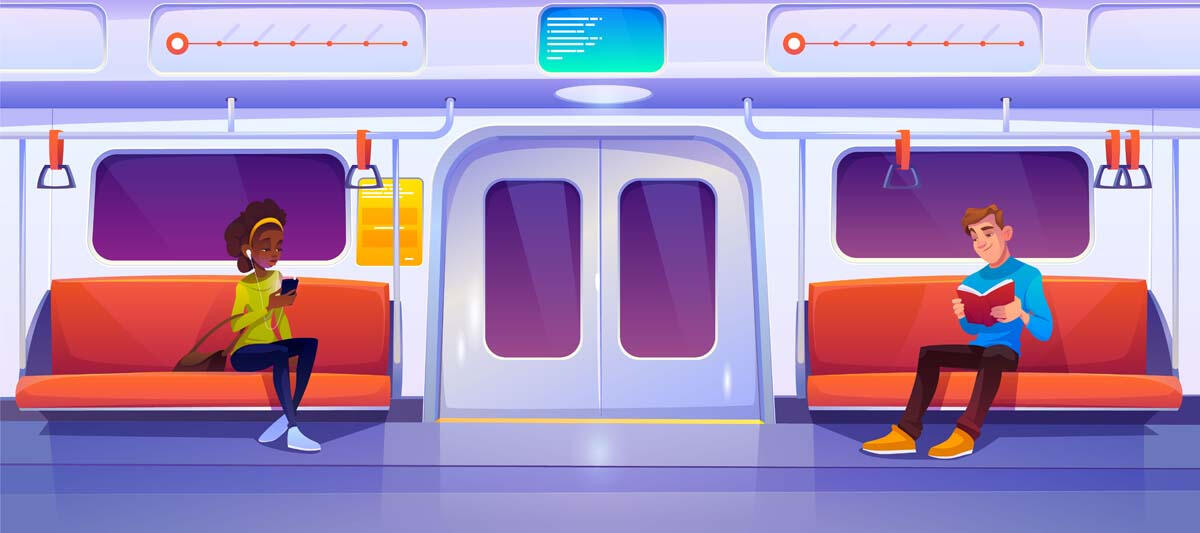
Maybe travelling will be slower. Because every place we go, we will first have to be quarantined for two weeks before we are allowed out. Or maybe every locality will have its own herd immunity, and we are required to stay long enough to acquire it before we can roam freely.
Or maybe we can still travel, but it’ll be in strictly controlled and scheduled groups, with limited numbers, so that we do not overwhelm local systems. The hassle might mean we don’t do short trips anymore. Travelling means committing ourselves to being a temporary local. Will this make us more respectful tourists?
One thing is for sure though, locally and abroad, quarantine facilities will be a thing. And it won’t only be for travellers. Any project or activity that requires the gathering of large groups may now need a pre and post-quarantine routine. Your film crews, construction crews, flight crews etc. Maybe this is something hotels and coworking spaces will pivot to? Will these facilities also inevitably have different hierarchies and ‘stars’?
Hmm… on a side note. Would a health and safety officer become an integral and common role across industries? Like a transmission safety advisor who will fill up all the permission forms, arrange the quarantines and get paid to jump through the many bureaucratic hoops that’ll inevitably be in place for any kind of project involving a group of humans to take place?
Page 17 of 24
The biggest ‘luxury’ of them all is still face-to-face human interaction
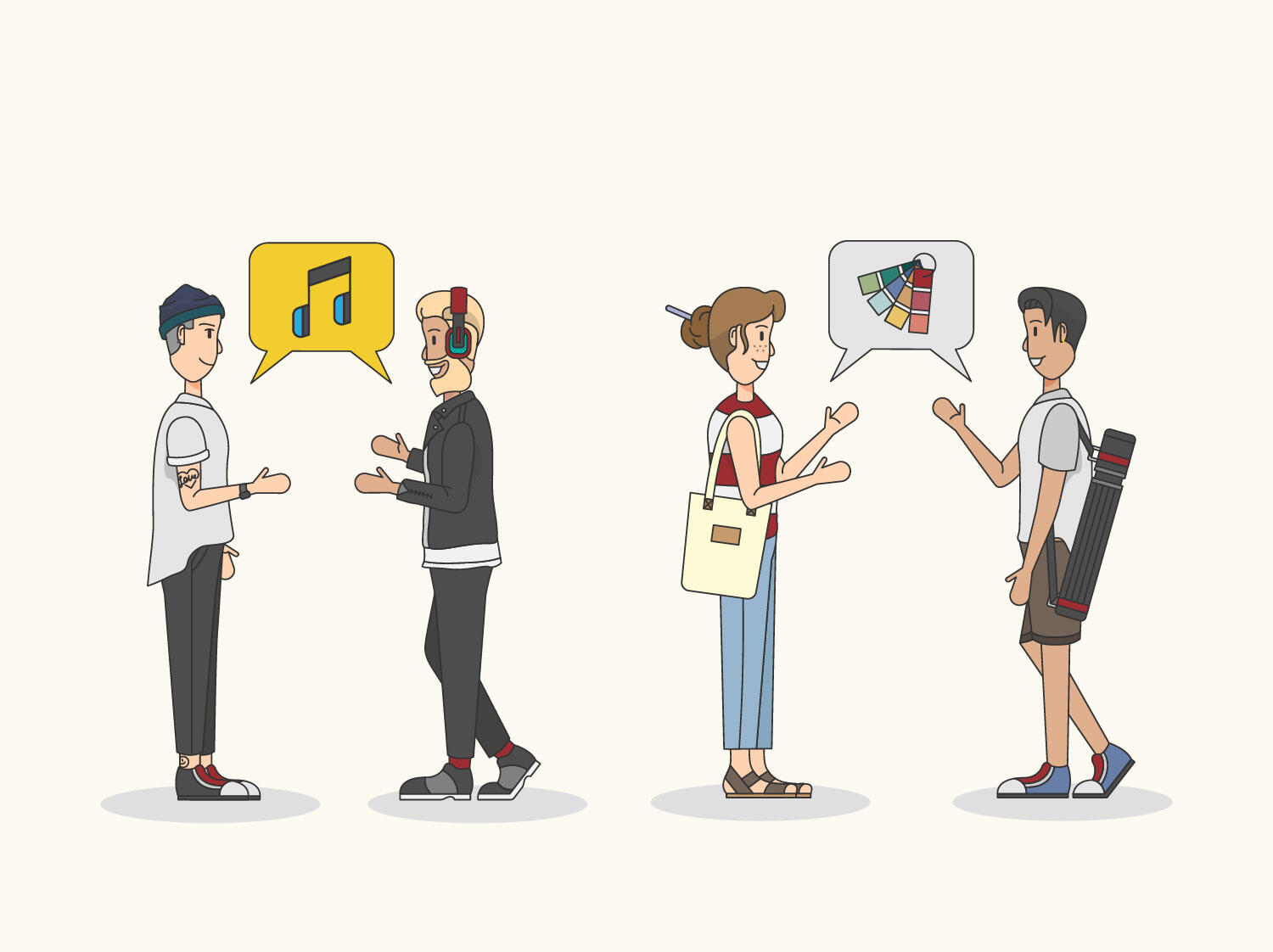
Image from rawpixel free collection
Regardless of age, we will probably cherish human interaction most.
Maybe acts of physical intimacy like hugs and kisses will be reserved for really special occasions only. Or is it that since it is the vapors from our mouths that are the issue, that being physically close is okay, but talking isn’t? So our new norm involves physical closeness but remaining silent? And it is spoken words in person that is the luxury?
Will we then end up texting more in person and talking more online? Does this mean our conversations will be slower but more considered because we have to put them into words before we hit send?
Page 18 of 24
Which means we may become better communicators
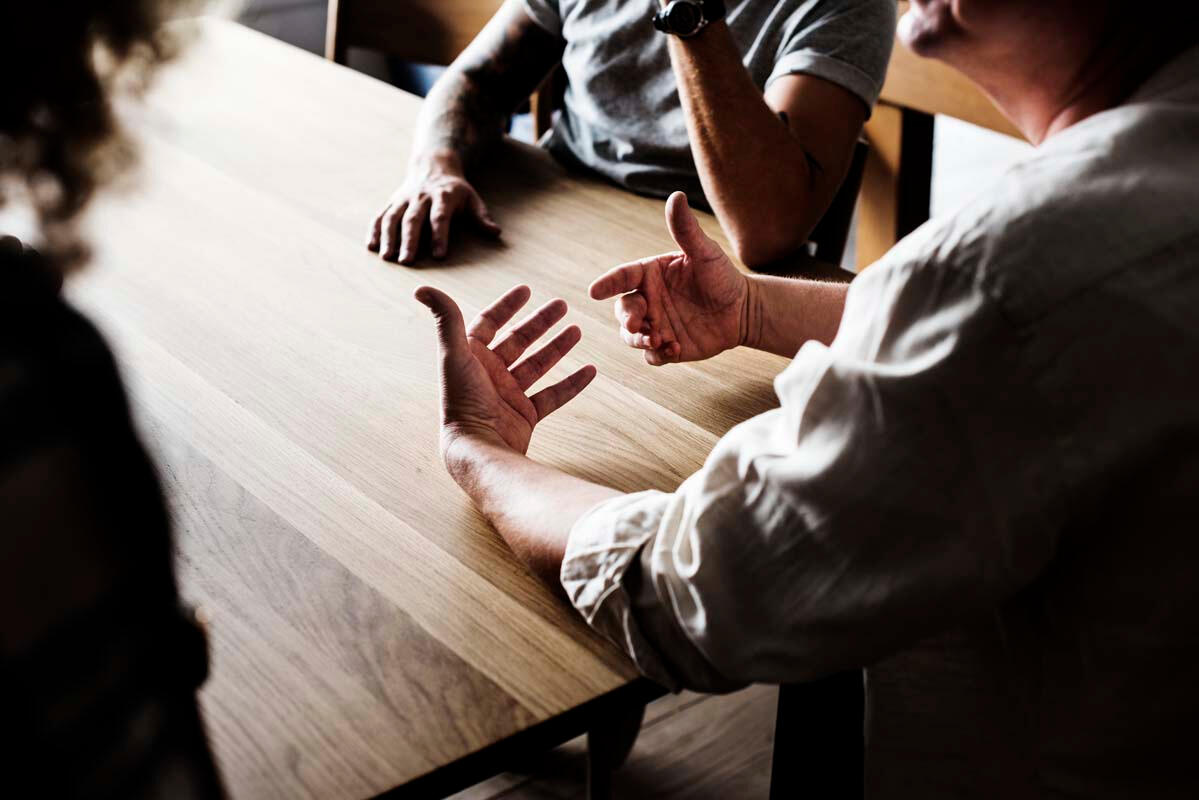
Image from rawpixel free collection
Either way, perhaps confronted with the preciousness of human connection, and also because we don’t have external spaces to escape to, many more of us will actually be open to learning healthier communication skills and how to set and negotiate boundaries. And before that, be open to learning about the concept of boundaries and the importance of having them.
Page 19 of 24
But that's maybe not the key thing to think about.
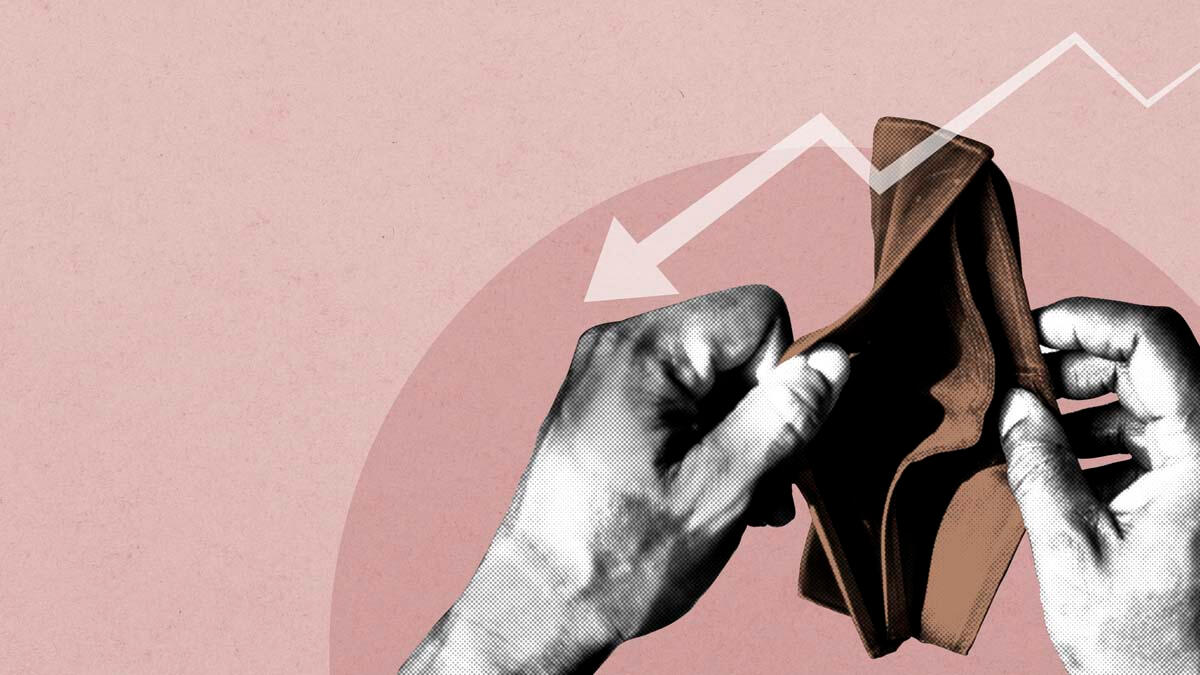
Image from rawpixel free collection
The bottom line is, even though what we will spend on will change, the fact that we will be spending less (because we have less to spend) will not.
The main point is that the economy will be smaller.
This means economy aka money, as a resource for livelihood is going to become less reliable and scarce. So inevitably, we need to all figure out ways where we can satisfy our needs without money. What are satisfiers we can generate without using money?
This will be a long and painful transition.
Page 20 of 24
But lets change our directions for a second
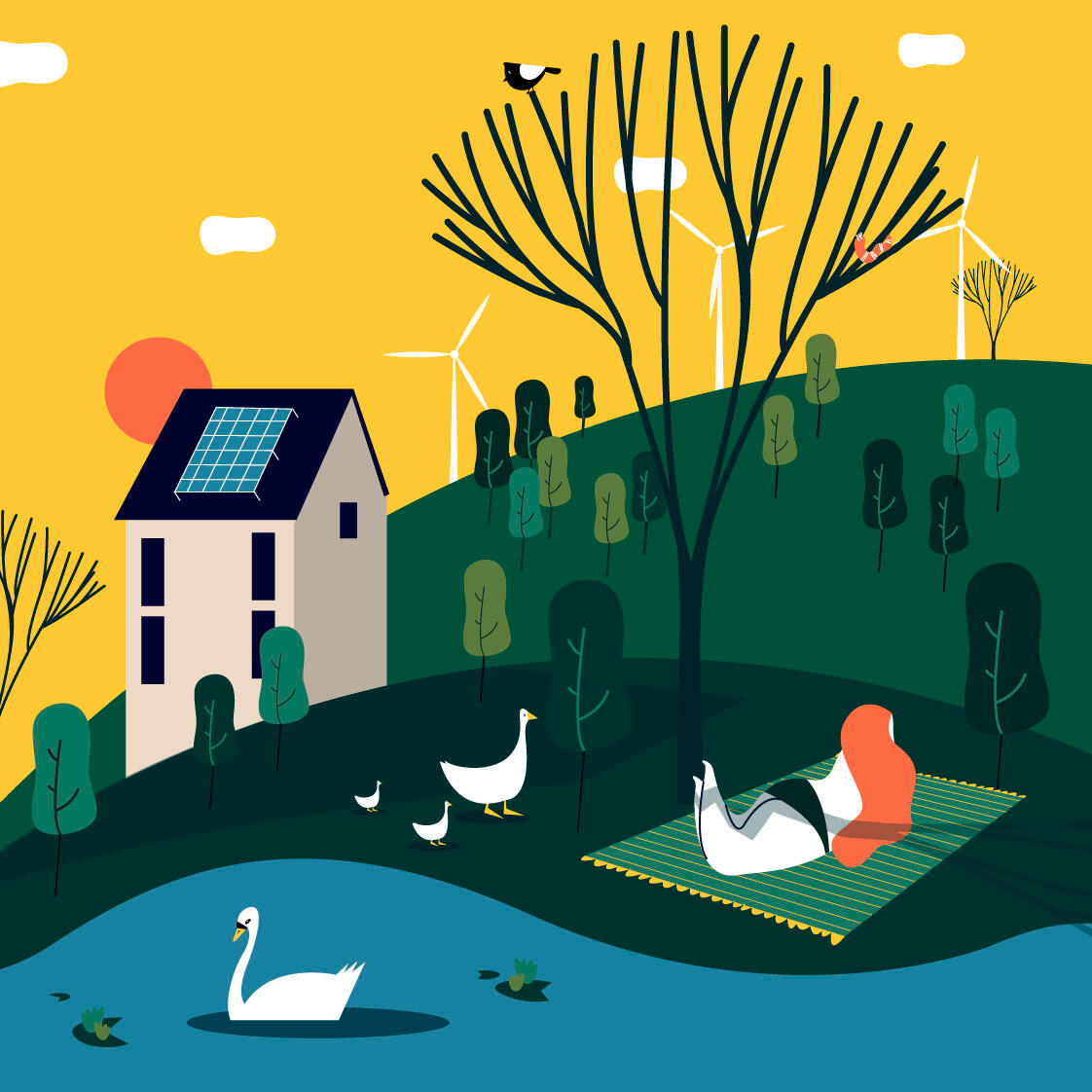
Image from rawpixel free collection
Because maybe a shrinking economy is not a bad thing, or not exclusively a bad thing.
We’ve been saying for years now, that unlimited economic growth is not sustainable, nothing in nature grows forever. Things may keep developing, but certainly not keep growing in size.
So let's look at what behaviors the virus has curtailed in humanity:
It's curtailed our range of movement. We travel less, particularly in cars and planes, which were some of the top carbon producers.
It's making us stay within our neighbourhoods, so we encroach on nature less. This means that nature that has been displaced can finally reclaim spaces that were theirs.
We don't pack ourselves so close together in large groups as much. We are becoming more tribal, forming small communities (group buy anyone?) Interestingly, some researchers have said that living this way is more sustainable resource wise.
It’s forced us to look at our most vulnerable communities, because we are only as strong as our weakest link.
Page 21 of 24
But it still hurts, and it still sucks
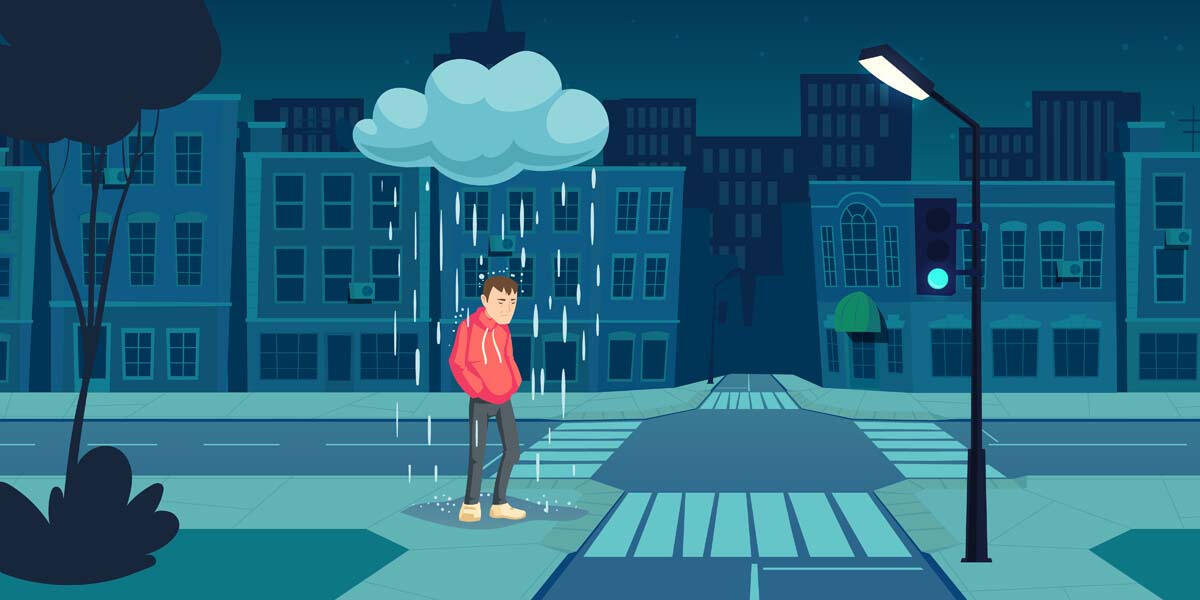
In many ways however, it does feel like we are being punished.
Who thought there’d come a day where gathering together, dining together, speaking and singing together will become a privilege that can be taken away from us? And maybe we are, being punished that is. For crossing too many boundaries, for living beyond our means. We’re being forced to adjust our way of life.
But didn’t so many of us say that this way of life was killing us slowly anyways?
Maybe the future isn’t so bad. It’s just the growing pains that is.
Page 22 of 24
Or maybe...

Image from rawpixel free collection
They succeed in making a vaccine, or if not, instant tests that everyone can take daily to know if they carry the virus or not…and then maybe the future will shift again.
And maybe things won’t change as much, or they’ll change differently.
Who knows?
Page 23 of 24
What do you think the future will look like?

TL;DR
We'll spend money on hygiene products, home appliances & furnishing and digital hardware
Economies might become hyper-local
If you want to make money, get into medical supplies, optometry, delivery infrastructure or become a 'cleaning influencer'
Space and social gatherings will be a luxury
Grow your own food
You were very patient to read through everything.
Page 24 of 24
Thank you for reading!
We hope you enjoyed this not so little zine about the Future of Covid-19.
We also hope this sparked some inspiration for the future for you.
If you enjoyed this, you may also enjoy our monthly newsletter: Why So Curious, where we send you monthly doses of curiosity.
Enjoy the rest of your time on the great big interwebs!
Made by:
